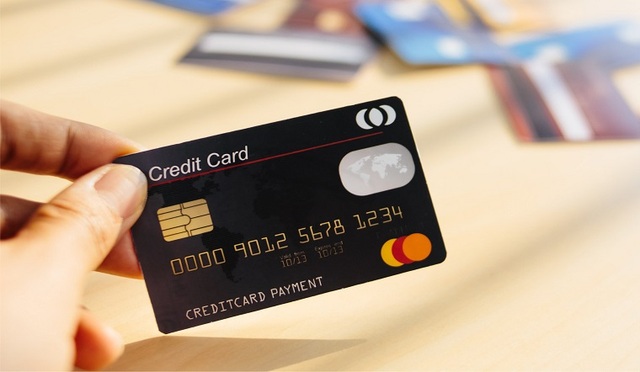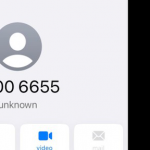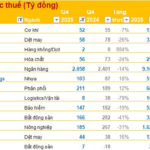
The State Bank of Vietnam has just issued Circular No. 18/2024/TT-NHNN on bank card operations.
Article 13 of Circular No. 18/2024/TT-NHNN stipulates that card-issuing organizations and card-accepting organizations must agree with cardholders on payment limits, transfer limits, cash withdrawal limits, and other limits on the use of cards by cardholders in accordance with the provisions of this Circular, the current regulations on foreign exchange management, and relevant laws.
For the limit on foreign currency cash withdrawals abroad, a card can withdraw a maximum foreign currency amount equivalent to 30 million VND in one day.
For credit cards, the total cash withdrawal limit per BIN of the credit card shall not exceed 100 million VND in one month. This regulation will take effect from January 1, 2025.
The credit limit for credit cards for individuals is stipulated in Clause 1, Article 134 and Point d, Clause 1, Article 135 of the Law on Credit Institutions. This regulation will take effect from July 1, 2025. Specifically:
In the case of issuing secured credit cards: the credit limit granted to the cardholder shall be determined by the card-issuing organization in accordance with its internal regulations on credit granting through credit cards and shall not exceed 1 billion VND;
In the case of issuing unsecured credit cards: the credit limit granted to the cardholder shall not exceed 500 million VND.
Shocking credit card check after borrowing 8.5 million to owe 8.8 billion VND
With the recent increase in credit card debt from 8.5 million dong to 8.8 billion dong, there has been a lot of attention on online forums and social media groups. Many credit card users have immediately called the hotline and searched for the National Credit Information Center’s website to check their bad debt.
How to use credit cards without turning “borrow 8 million into debt of 8 billion”?
Knowing how to use and spend credit cards may seem straightforward, but not everyone grasps it fully. If you don’t understand it completely and use it correctly, you can end up with unnecessary expenses, fall into the “debt trap,” or even face legal consequences for intentionally maxing out your credit cards.



















